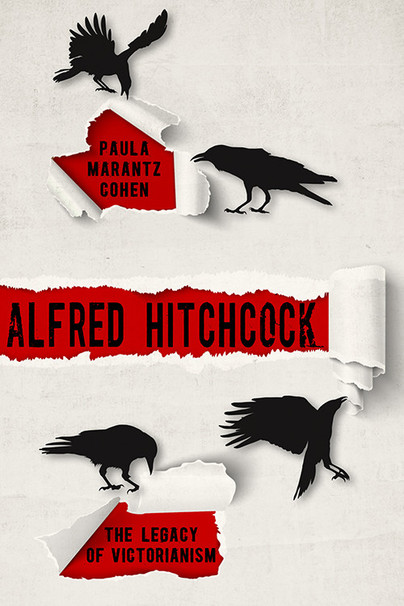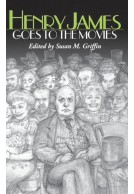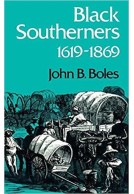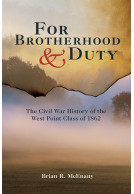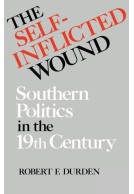Google Books previews are unavailable because you have chosen to turn off third party cookies for enhanced content. Visit our cookies page to review your cookie settings.
Alfred Hitchcock (Paperback)
The Legacy of Victorianism
Imprint: University Press of Kentucky
Pages: 216
Illustrations: 16 b&w photos
ISBN: 9780813151892
Published: 5th October 2021
Script Academic & Professional
Pages: 216
Illustrations: 16 b&w photos
ISBN: 9780813151892
Published: 5th October 2021
Script Academic & Professional
You'll be £18.00 closer to your next £10.00 credit when you purchase Alfred Hitchcock. What's this?
+£4.99 UK Delivery or free UK delivery if order is over £40
(click here for international delivery rates)
Order within the next 3 hours, 40 minutes to get your order processed the next working day!
Need a currency converter? Check XE.com for live rates
(click here for international delivery rates)
Order within the next 3 hours, 40 minutes to get your order processed the next working day!
Need a currency converter? Check XE.com for live rates
This provocative study traces Alfred Hitchcock's long directorial career from Victorianism to postmodernism. Paula Cohen considers a sampling of Hitchcock's best films - Shadow of a Doubt, Rear Window, Vertigo, Psycho - as well as some of his more uneven ones - Rope, The Wrong Man, Topaz - and makes connections between his evolution as a filmmaker and trends in the larger society.
Drawing on a number of methodologies including feminism, psychoanalysis, and family systems, the author provides an insightful look at the paradox of a Victorian-style gentleman who evolved into one of the leading masters of the modern medium of film. Cohen sees Hitchcock's films as developing, in part, as a masculine response to the domestic, psychological novels that had appealed primarily to women during the Victorian era. His career, she argues, can be seen as an attempt to balance "the two faces of Victorianism": the masculine legacy of law and hierarchy and the feminine legacy of feeling and imagination.
Also central to her thesis is the Victorian model of the nuclear family and its permutations, especially the father-daughter dyad. She postulates a fundamental dynamic in Hitchcock's films, what she calls a "daughter's effect," and relates it to the social role of the family as an institution and to Hitchcock's own relationship with his daughter, Patricia, who appeared in three of his films.
Cohen argues that Hitchcock's films reflect his Victorian legacy and serve as a map for ideological trends. She charts his development from his British period through his classic Hollywood years into his later phase, tracing a conceptual evolution that corresponds to an evolution in cultural identity - one that builds on a Victorian inheritance and ultimately discards it.
Other titles in University Press of Kentucky...







